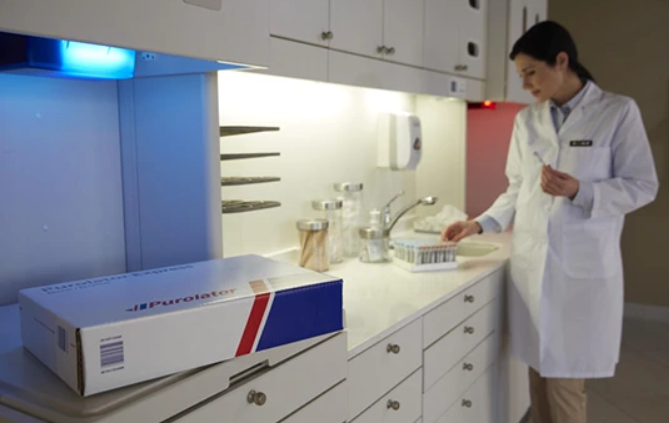
The Competition and Markets Authority (CMA) today launched a campaign to make medical practitioners aware of how to comply with competition law and the penalties for breaking it.
It follows the £382,500 fine made on the Consultant Eye Surgeons Partnership (CESP) Ltd in August this year after the company confessed infringing competition from September 2008 to May 2015.
The Competition and Markets Authority (CMA) published an open letter to private medical practitioners, alongside sending warning letters to Limited Liability Partnerships, who were CESP members. The CMA also circulated extra tips to assist practitioners, including a 60-second summary, to help them understand competition law and why it is in best interests of private medics and their customers to conform.
Ann Pope, CMA Senior Director, Antitrust, said:
‘The eye surgeons case, coupled with the results of recent research, suggests that there is a worrying lack of knowledge about competition law, and the penalties that can be imposed for breaking it, amongst businesses, including medical practitioners. In cases where practitioners are acting anti-competitively in their private work, patients can ultimately suffer as they can end up paying more to receive treatment, either directly or via higher insurance costs.
‘We understand that most practitioners want to comply with the law and we are keen to assist them in doing so. That is why we are publishing this open letter and supporting advice, to help explain how competition law affects them and what they need to know to stay on the right side of the law.
‘We also welcome the assistance of the Federation of Independent Practitioner Organisations (FIPO) in helping to spread awareness of competition law risks amongst the medical profession.’
Geoffrey Glazer, FIPO Chairman, added:
‘The CESP ruling carries important and far-reaching implications for all consultants working in the independent sector. As a consequence, we have taken this opportunity to reassert our commitment to competition law compliance and to remind consultants of their obligations under competition law. In this context and following engagement with the CMA we have published our own competition law guidance, coupled with some basic scenarios illustrating how consultants may, or may not, practice with regard to their fees and charging arrangements.’
CESP Limited admitted competition law infringements including:
- Recommending members refuse to accept lower fees from an insurer, and that they charge insured patients increased self-pay fees;
- Circulating detailed price lists amongst its members for ophthalmic procedures such as cataract surgery to be used with insurers;
- Enabling the sharing of consultants’ future business and pricing intentions, for example whether to sign up to a private hospital group’s package price, which enabled members to align their responses;
- The supporting materials and letters both offer advice on what business practices may not be acceptable and also propose that practitioners find independent legal advice if anything is unclear.
In the most serious cases, businesses who breached competition law risked fines of up to 10% of turnover, while individuals could face up to 5 years in prison and disqualification from acting as a director.


















